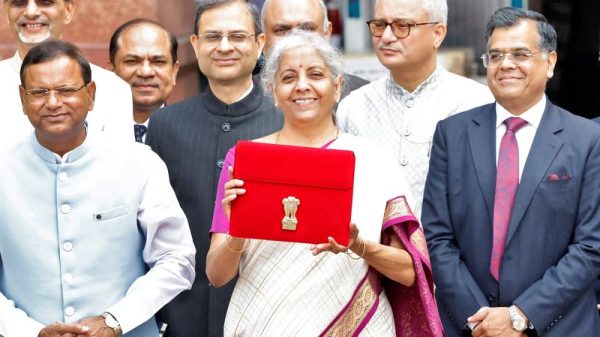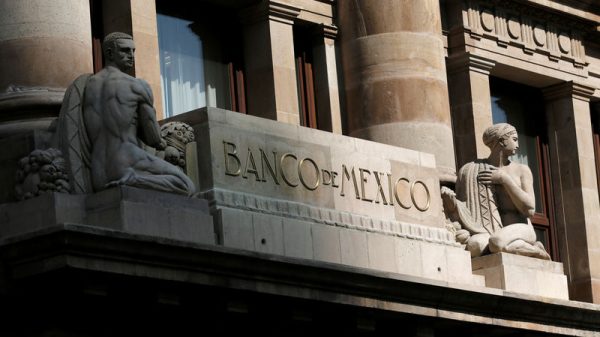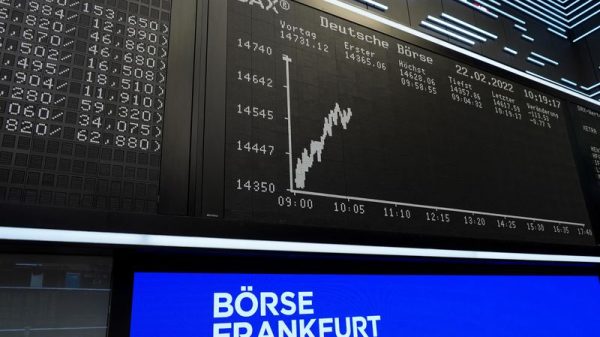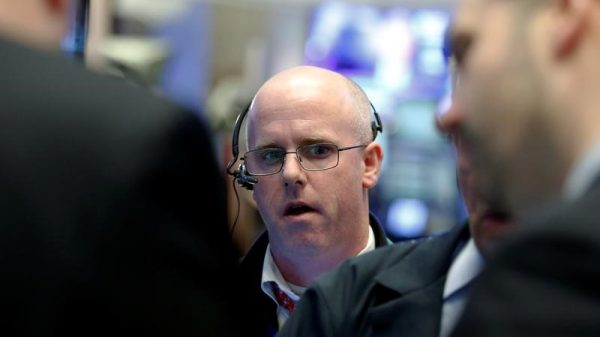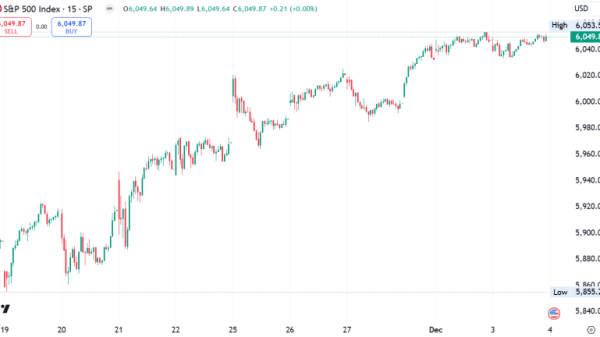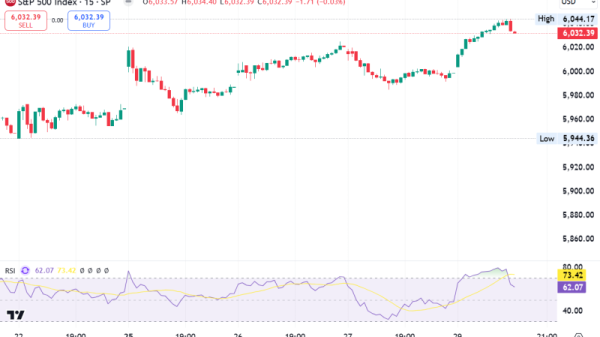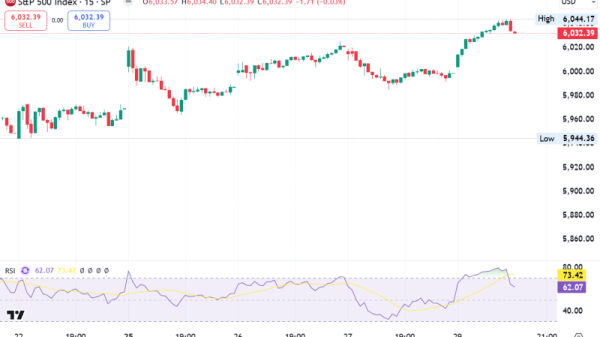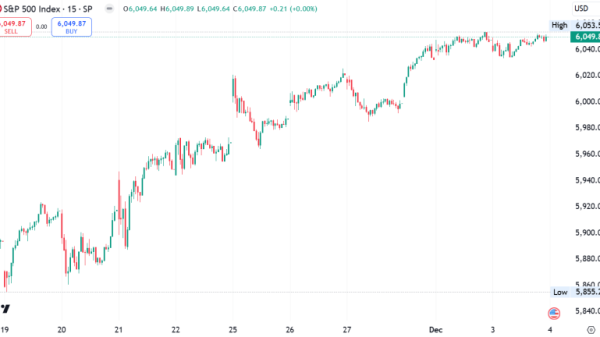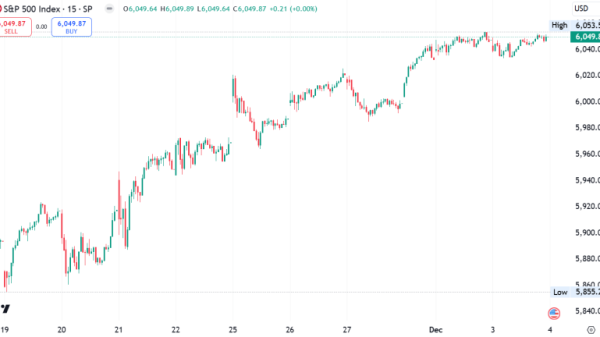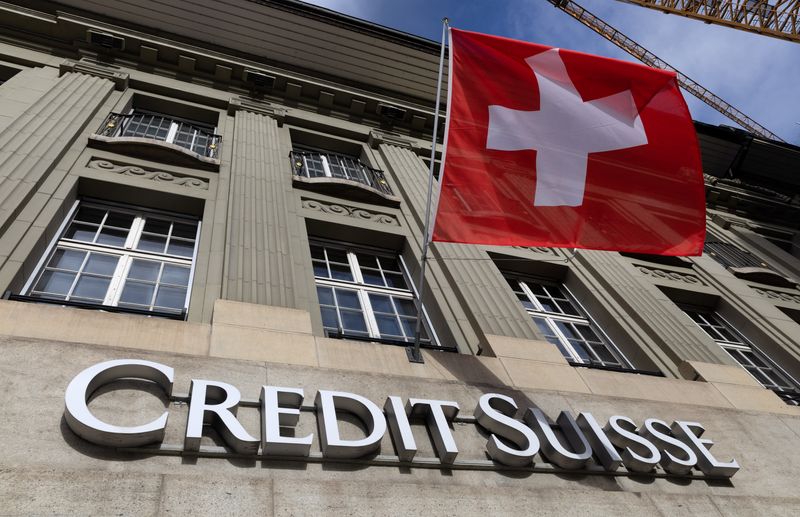By John O’Donnell, Stefania Spezzati and Dave Graham
LONDON/BERN (Reuters) – Secret meetings, mistrust among officials and attempts to downplay the gravity of Credit Suisse’s problems hamstrung Switzerland in the run-up to the bank’s collapse in 2023, an inquiry by lawmakers found on Friday.
Almost two years after the implosion of the country’s second-largest bank, Swiss lawmakers issued a 560-page-plus report on Friday revealing a culture of secrecy at the centre of Switzerland’s government and detailing the confusion it caused.
Credit Suisse’s demise tainted Switzerland’s reputation as a major centre of world finance and a safe haven, and debunked the belief that global banks are safer now than in the past or that governments have a blueprint to cope when they wobble.
The report grants a rare glimpse of the culture of secrecy that forms the bedrock of Switzerland’s status as a reliable centre to hoard offshore wealth. That discretion, the report found, had permeated government, sowing disarray.
In the months-long investigation, whose proceedings were themselves behind closed doors, lawmakers singled out so-called “non-meetings” among officials ahead of the bank’s collapse.
Those informal gatherings went undocumented for fear of leaks, leaving key government ministers in the dark and hampering preparations for the eventual state-backed rescue and sale of Credit Suisse to its larger rival, UBS.
The lawmakers said such non-meetings were favoured by the former Swiss National Bank president Thomas Jordan, as he scurried to avert a financial disaster and sought to marry Credit Suisse with UBS.
The country’s former finance minister, Ueli Maurer, also repeatedly opted for informal conversations without a written record, the authors said.
This often left Swiss government officials without the documents they needed outlining the bank’s problems or possible solutions. The practice prompted complaints and conflict within government at the time.
The report highlighted one instance where the Swiss president and the chancellor, a senior official, spoke in early November 2022, as the bank was in the throes of crisis. The two had not received the paperwork they needed because the finance ministry feared a leak.
Later, the president called the finance minister, Maurer, who told him that no meeting was necessary “as the situation at CS (Credit Suisse) had calmed somewhat and one must avoid creating any upset”.
A few days later, Maurer met with the cabinet to talk about the bank’s troubles, prompting demands from Swiss officials that he supply written information about a possible intervention in a crisis.
Days later, Maurer and Jordan held another non-meeting with the then-Credit Suisse chairman, Axel Lehmann, discussing issues such as a possible sale of the bank.
The report’s authors said they had not managed to reconstruct precisely what the men discussed.
The lawmakers also highlighted meetings between the central bank chief and Lehmann as the bank haemorrhaged tens of billions of dollars in late 2022.
Marlene Amstad, who chaired Swiss regulator FINMA, was often kept in the dark about such meetings and highly critical of this practice, said the report, compiled from interviews with those involved.
The parliamentary enquiry said it could not establish how many meetings took place, given the lack of written records.
At some of the non-meetings, the-then chairman of the bank was described as upbeat.
He was not alone. As the bank slid further into crisis, in a December 2022 interview broadcast on Swiss television, Maurer suggested: “You just have to leave them alone for a year or two.”
His successor, Karin Keller-Sutter, ended the practice of informal meetings but also feared leaks, the report said.
It was only at the beginning of February 2023 that the seven-strong cabinet that governs Switzerland received paperwork on dealing with the crisis at the bank.
Weeks later, Credit Suisse, on the brink of a chaotic collapse, was sold to UBS.

